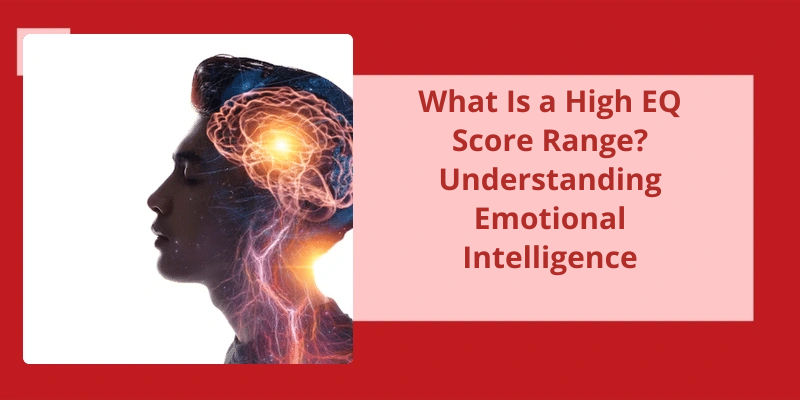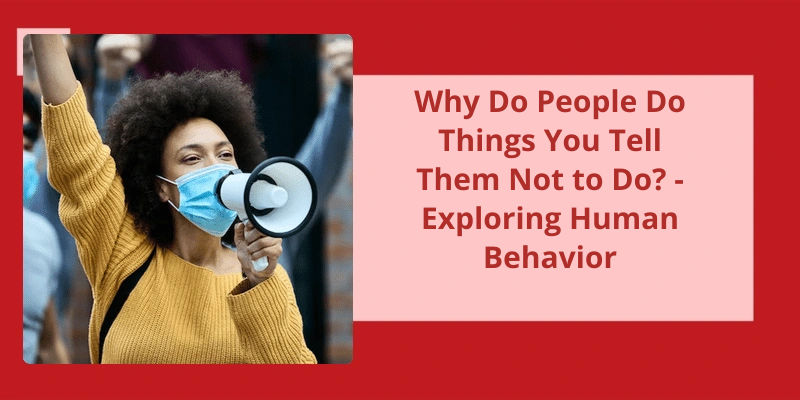Emotional intelligence or EQ has become a buzzword in recent years, with more and more emphasis being placed on this trait in both personal and professional settings. EQ refers to an individual's ability to recognize, understand, and manage their emotions, as well as those of others. A high EQ score is indicative of strong emotional intelligence, allowing one to navigate social situations with finesse and make informed decisions based on intuition and empathy. However, EQ isn’t a fixed trait and can be improved with practice and effort. By developing skills such as self-awareness, emotional regulation, and effective communication, one can enhance their EQ and optimize their interactions with others.
Is 140 EQ Good?
Emotional intelligence, or EQ, is an important aspect of ones overall emotional and social functioning. It’s a measurement of an individuals ability to identify, understand, and manage their own emotions, as well as the emotions of others. The range for an average EQ score is between 90-100, whilst a perfect score is 160. However, it’s important to note that there’s no good or bad EQ score.
What’s considered good or bad is entirely dependent on an individuals personal and professional goals. Individuals who work in careers that require high levels of social interaction or management, such as education, healthcare, or business, may benefit from a higher EQ score. Conversely, those who’re in fields that don’t require high levels of social interaction, such as engineering or computer science, may not need to have as high of an EQ score.
People with high EQ scores often possess skills such as empathy, self-awareness, and effective communication. These skills allow them to develop positive relationships with others and resolve conflicts effectively.
One way to improve emotional intelligence is to learn how to reduce negative emotions, such as anger or anxiety. Mindfulness practices, such as meditation or yoga, have been shown to be effective at reducing negative emotions and increasing emotional intelligence. Additionally, seeking feedback from trusted individuals, such as friends or family members, can aid in the development of emotional intelligence by providing insight into ones own strengths and weaknesses.
However, improving emotional intelligence by learning to reduce negative emotions and seeking feedback can positively impact ones personal and professional relationships. Those with higher EQ scores should continue to develop their emotional intelligence skills, whilst those with lower scores can work to improve them.
The Different Types of Emotional Intelligence (e.g. Intrapersonal vs Interpersonal)
- Intrapersonal emotional intelligence
- Interpersonal emotional intelligence
- Adaptability emotional intelligence
- Stress management emotional intelligence
- General mood emotional intelligence
- Empathy emotional intelligence
Now that we understand what emotional intelligence is and how it benefits us, let’s dive deeper into the traits and habits of people with high EQ. These characteristics can serve as a guide to those looking to improve their own emotional intelligence, as well as provide insight into what qualities to seek in others as we build our personal and professional relationships.
What Does It Mean to Be a High EQ Person?
Being a high EQ person is more than being able to identify your own emotions or the emotions of those around you. It means taking that emotional awareness a step further by using it to inform your actions and improve your relationships. It means being able to regulate your own emotions so that they don’t interfere with your ability to calmly and effectively communicate with others. It also means being able to empathize with others and understand where theyre coming from, even if you don’t necessarily agree with them.
In the workplace, a high EQ is invaluable. It allows you to navigate difficult coworker interactions and defuse conflicts before they turn into heated arguments. It also helps you to build strong, supportive relationships with both team members and superiors, which can boost job satisfaction and lead to better performance. Most importantly, a high EQ can make you a better leader. Leaders who’re attuned to the emotions of their team members can more effectively motivate and inspire them, which can lead to better job performance and increased overall success.
It requires a willingness to see things from multiple perspectives and to remain calm and thoughtful in the face of difficult situations. It also requires a commitment to ongoing self-reflection and improvement. But the rewards of being a high EQ person are significant. Youll experience better relationships, a greater sense of control over your own emotions and actions, and improved job satisfaction and success.
It’s about being able to understand and appreciate the diverse experiences and perspectives of those around you. It’s about being able to communicate effectively, even in challenging situations. And it’s about being able to use your own emotions and experiences to improve not only your own life, but the lives of those around you.
Examples of High EQ Leaders and Their Success Stories
This article provides real-life examples of leaders who’ve demonstrated high emotional intelligence (EQ) and how it’s contributed to their success.
Developing a high EQ is important for personal and professional growth. It allows individuals to effectively navigate social interactions, understand and manage their emotions, and connect with others on a deeper level. Additionally, a high EQ can lead to greater empathy, better communication skills, and stronger relationships. But what exactly are the traits of a high EQ personality type and how can we cultivate these qualities? Let’s dive in.
What Is a High EQ Personality Type?
A high EQ personality type is someone who’s able to connect with others on a deeper level through understanding their emotions. This type of person is empathetic, able to read others emotional cues and respond appropriately. They’re naturally skilled at deescalating conflicts through active listening and non-judgmental communication.
Additionally, individuals with high EQ typically have a strong sense of self-awareness. They’re able to identify their own emotional states and recognize how these states may affect those around them. They’re less likely to become overwhelmed by their emotions, and instead are able to process them in a healthy manner. They regularly practice self-care, recognizing the importance of taking care of their own mental and emotional well-being.
The high EQ personality type is also adept at stress management and problem-solving. They’re able to approach difficult situations with a level head and a clear strategy. They understand that setbacks and failures are a natural part of the learning process and are able to move forward from these experiences without dwelling on them. They’re often seen as adaptable and resilient, able to bounce back from difficult situations with grace and maturity.
They’re able to empathize with others perspectives and communicate their own thoughts and feelings in a way that’s respectful and genuine. They place a high value on authenticity and vulnerability in relationships, recognizing that these qualities are essential to building trust and deep connections.
These individuals are able to navigate complex social situations with ease and are often seen as leaders and positive influences in their communities. They prioritize their own mental and emotional well-being while also valuing the thoughts and feelings of those around them.
The Benefits of Having a High EQ Personality Type in the Workplace.
Being emotionally intelligent can have many benefits in the workplace, including better communication, the ability to resolve conflicts, and increased productivity. This is because emotionally intelligent individuals are better equipped to understand and manage their own emotions, as well as those of their colleagues. They’re also more empathetic and can perceive the emotions of others, which allows them to build stronger relationships and work more effectively as a team.
Conclusion
It indicates a greater capacity for emotional awareness and understanding, leading to better relationships and social interactions. By focusing on reducing negative emotions and increasing empathy towards others, individuals can work towards achieving a higher EQ score and reaping the benefits that come with it.






